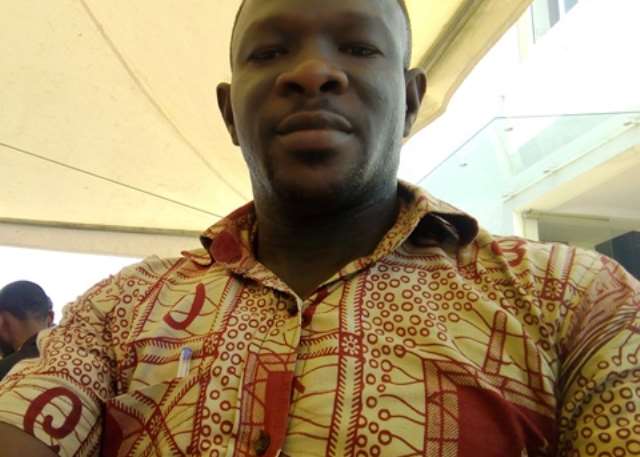The recent summons and questioning of Mr. Prosper Agbenyega, editor of the Current Issues newspaper, by Ghana’s National Security Secretariat has sparked renewed discussions about the delicate balance between press freedom, the public’s right to information, and the government’s need to protect classified information. The incident, which stems from a Current Issues publication containing allegedly sensitive government information, highlights the inherent tensions that can arise between media organizations seeking to hold power accountable and state security agencies tasked with safeguarding national interests. While Mr. Agbenyega’s experience ultimately concluded without charges or arrest, it serves as a potent reminder of the potential risks journalists face when reporting on matters that touch upon national security.
The sequence of events unfolded when Mr. Agbenyega received an invitation from the National Security Secretariat, a development quickly communicated by the Private Newspapers and Online News Publishers Association of Ghana (PRINPAG). The invitation, related to a recent Current Issues article referencing purportedly classified documents, signaled potential legal ramifications for Mr. Agbenyega and his newspaper. He subsequently attended the meeting, spending approximately three hours engaged in discussions with security officials. PRINPAG, acting as a representative body for Mr. Agbenyega and the broader media community, emphasized the cordial and professional nature of the interaction, assuring the public that Mr. Agbenyega was unharmed and had not been detained or placed under any legal restrictions.
The core issue revolves around the Current Issues article, which reportedly cited sensitive information believed to have originated from classified government documents. While the specific contents of the article remain undisclosed, the implication is that the published information touched upon matters considered confidential and potentially detrimental to national security if publicly disseminated. This raises critical questions about the source of the leaked documents, the journalist’s responsibility in verifying the authenticity and public interest value of such information, and the government’s right to restrict access to classified materials. The incident highlights the ongoing debate regarding the balance between transparency and security, a debate often characterized by differing perspectives on the limits of press freedom.
PRINPAG’s swift and comprehensive communication throughout the process played a crucial role in managing public perception and ensuring transparency. By promptly informing the public of Mr. Agbenyega’s summons, the duration and nature of his engagement with the security officials, and the ultimate outcome, PRINPAG demonstrated a proactive approach to safeguarding the rights of its members while also acknowledging the legitimate concerns of national security agencies. Their statement of gratitude for the support received from the media community and the public further solidified their role as a key advocate for press freedom in Ghana.
The incident underscores the complex challenges inherent in navigating the intersection of journalism, national security, and access to information. While a free press plays a vital role in holding governments accountable and informing the public, the state also has a legitimate interest in protecting sensitive information vital to national security. This inherent friction necessitates a delicate balance between these competing interests. Determining what constitutes a justifiable restriction on press freedom in the name of national security is often a complex legal and ethical dilemma.
Mr. Agbenyega’s case, although resolved without immediate legal repercussions, has undoubtedly ignited further discussion amongst media stakeholders, civil society organizations, and legal experts regarding the boundaries of press freedom and the responsibilities of journalists in handling sensitive information. It serves as a timely reminder of the potential risks faced by those who report on matters of national security and the ongoing need for open dialogue between the media, the government, and civil society to ensure a robust and responsible press environment that upholds both the principles of transparency and the imperatives of national security. The incident emphasizes the need for clear legal frameworks and ethical guidelines that safeguard press freedom while also addressing legitimate national security concerns. This ongoing dialogue is essential for maintaining a healthy democracy where the press can effectively fulfill its role as a watchdog without jeopardizing national security.














